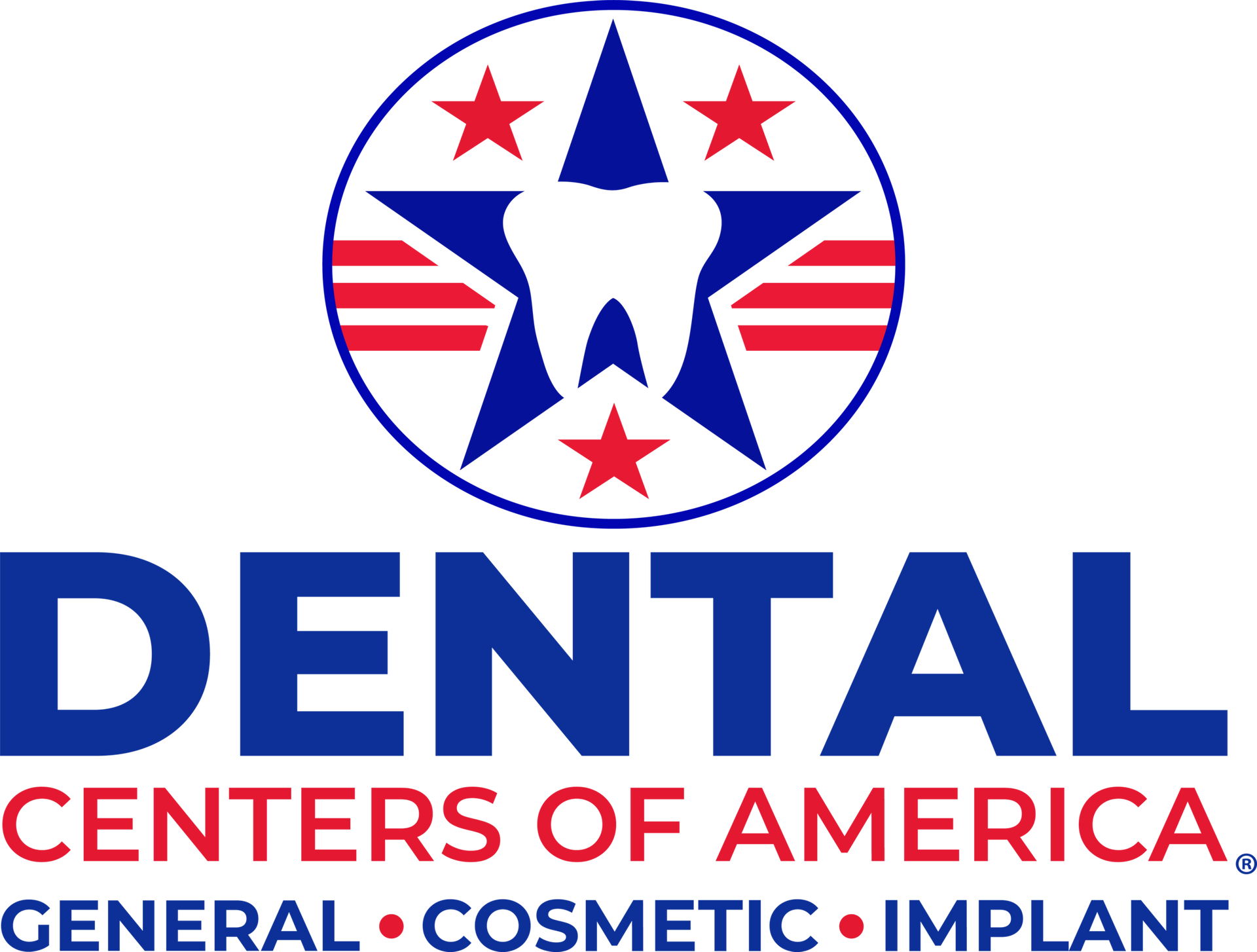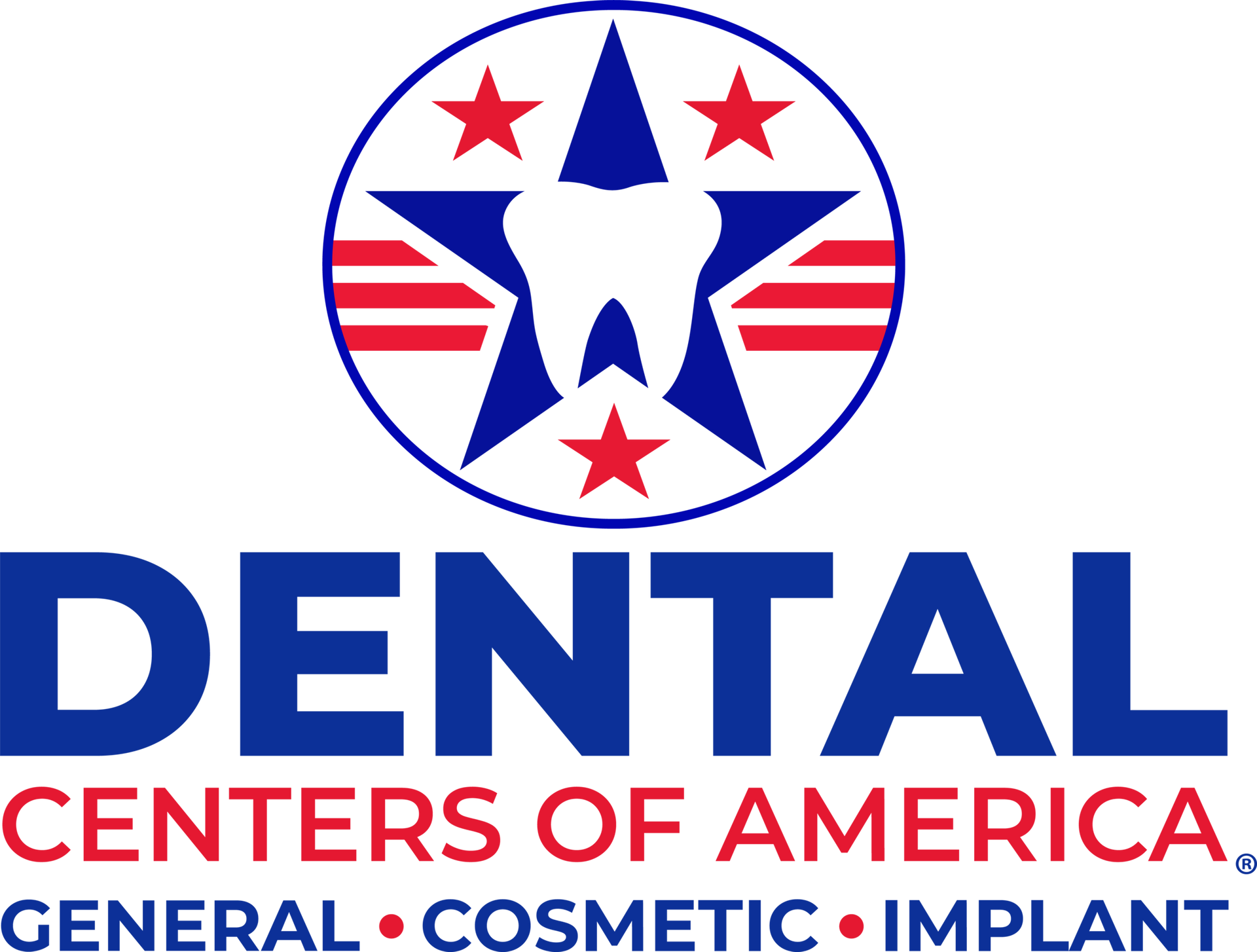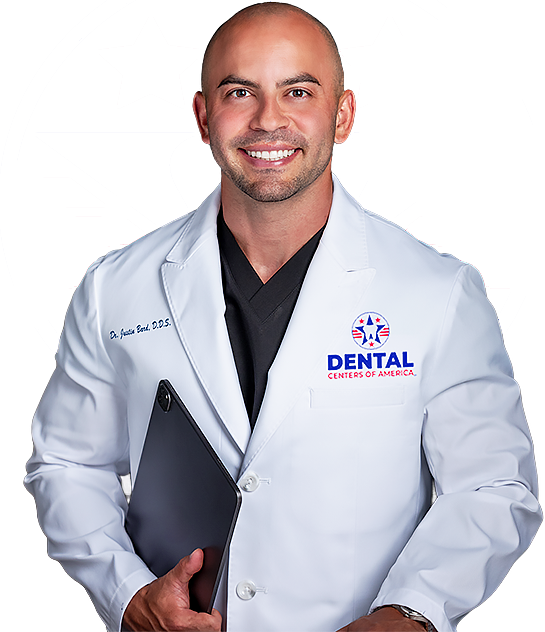At Home Care
Healthy Habits
Healthy Smiles Start at Home
Taking care of your oral health at home is one of the best ways to prevent cavities, gum disease, and other uncomfortable dental problems. A strong routine not only protects your smile but also allows our dental team to catch potential issues early, making treatment easier and more effective. Here are some essential tips for maintaining a healthy mouth every day:
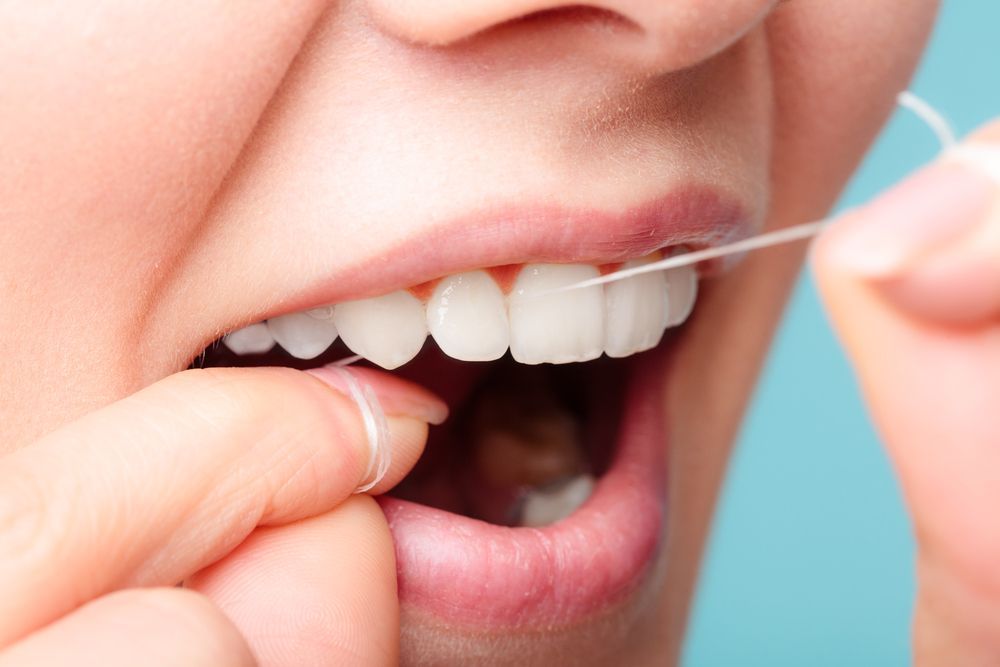
Floss
Flossing removes plaque from the tight spaces between your teeth that a toothbrush cannot effectively reach. When plaque is left behind in these areas, it can harden into tartar and often leads to tooth decay, gum inflammation, and even periodontal disease over time. To maintain strong teeth and healthy gums, it’s essential to floss at least twice a day, as brushing alone can only achieve so much for your overall oral hygiene. Flossing after meals or snacks is especially beneficial because it clears away food particles before they have a chance to linger and cause bacteria buildup. By making flossing a consistent part of your daily routine, you not only protect your smile but also contribute to your long-term oral and overall health.
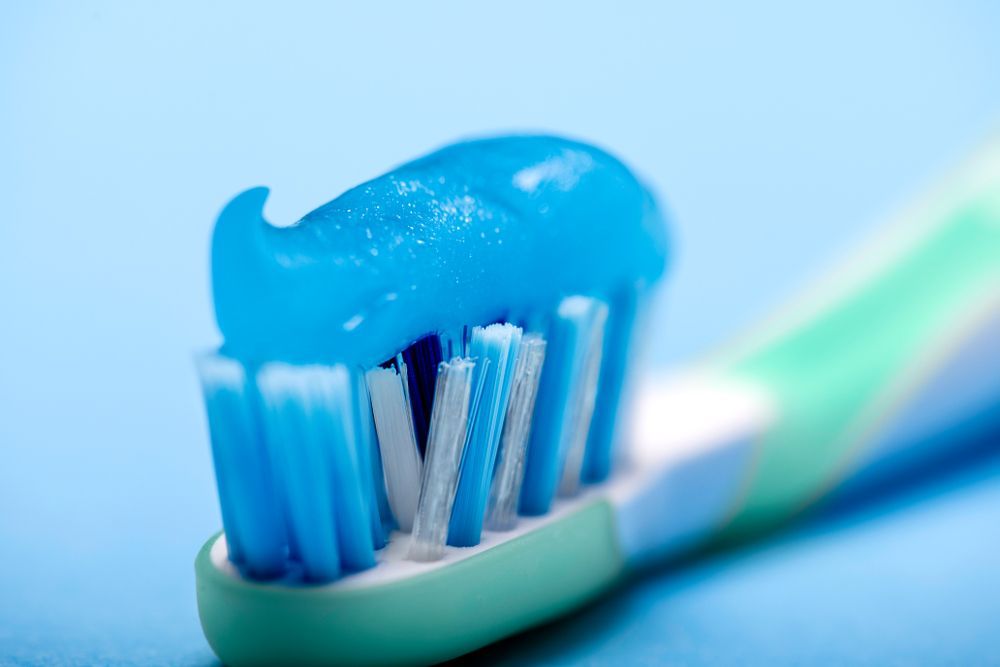
Fluoride Toothpaste
Fluoride is very effective at preventing cavities and strengthening tooth enamel, a fact proven by decades of scientific research. This naturally occurring mineral works by repairing weakened enamel and making teeth more resistant to decay. When used correctly, fluoride is safe and provides long-lasting protection for people of all ages.
Parents should be mindful of how much fluoride toothpaste their children use. For babies and toddlers under age three, only a tiny smear should be applied, while children ages three to six should use a pea-sized amount. These simple guidelines ensure kids get the benefits of fluoride without swallowing too much. By starting these habits early, families can support strong teeth and healthy smiles for years to come.
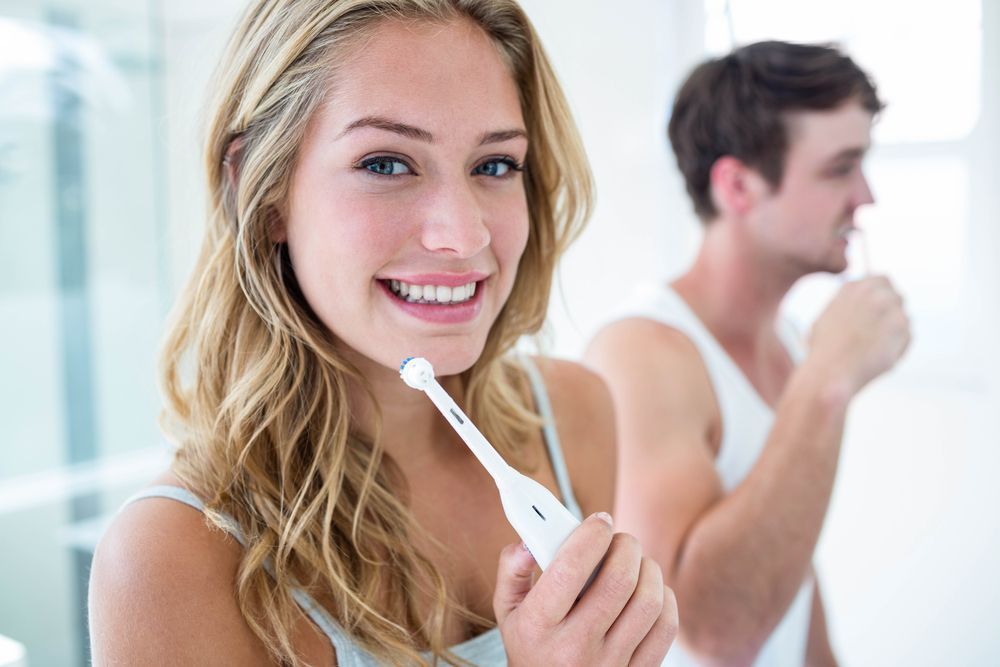
Toothbrush and Brushing
A soft-bristled toothbrush with a head small enough to comfortably reach all teeth is recommended. This allows for thorough cleaning while avoiding the abrasion that often comes with medium or hard bristles. Replace your toothbrush when the bristles wear down or soften, usually after about three months.
Brush gently at a 45-degree angle against the gumline using short, circular motions. Brushing too often or with excessive force can lead to gum recession and damage root surfaces, leaving them sensitive to hot and cold and more vulnerable to decay since they lack the enamel that protects tooth crowns. Aim to brush twice daily for about two minutes each time, as this is sufficient to remove trapped food and plaque without overdoing it.

Mouthwash
Mouthwash, when used daily and for the recommended time on the label, can help reduce plaque buildup and prevent gingivitis. It also reaches areas that brushing and flossing may miss, freshens breath, and reduces bacteria for a cleaner, healthier mouth.
Not all mouthwashes are the same, however. Alcohol-based formulas may cause irritation for people with sensitive gums or dry mouth. In those cases, switching to an alcohol-free version can be just as effective and gentler. Choosing the right mouthwash and using it consistently is a simple way to boost your overall oral hygiene.

Drink Water
A moist mouth is crucial for all patients since mouth dryness increases plaque accumulation and your risk of both tooth decay and gum disease. Tobacco products, alcohol, caffeine, and certain over-the-counter prescription medications help contribute to mouth dryness.
Drinking water is important because it keeps you hydrated and provides several health benefits for your body. Within your mouth, it keeps sensitive areas moist and stimulates the healthy movement of saliva. Your saliva buffers acids, helps digestion, assists the mouth in thwarting germs, and safeguards your teeth from decay.

Avoid Sugary Snacking and Acidic Beverages
Tooth decay is the most common chronic disease in children and adults, though it’s almost entirely preventable. Oral bacteria feed on sugars and release acids that damage teeth, leading to cavities. Cutting back on sugar helps, but if you can’t avoid it, limit snacks to mealtimes a few days a week. This gives saliva a chance to neutralize acids.
Acids soften tooth enamel, sometimes leaving teeth feeling gritty. Drinks like soda, sports drinks, and juice de-mineralize enamel by dissolving calcium. Saliva, rich in minerals, naturally re-mineralizes enamel, which is why it’s best to avoid acidic drinks and choose water instead.

Understand Poor Oral Health Habits
Aside from sugar intake, there are a few other detrimental oral health habits that you should be aware of, including the use of tobacco products, consuming excessive amounts of alcohol, and chewing on your fingernails, pencils, pens, or bottle caps. Understanding the effects of these tendencies, all of which have negative ramifications on your overall oral health, will assist you in avoiding them.
Another example is an oral piercing, as it increases your chances of experiencing gum pain or a chipped tooth. A clenching or grinding habit can also harm your teeth, jaw joints, and muscles, particularly during your sleep.
